Soloing or playing solos is not to be confused with 'solo-style'. The former is a form of lead playing where one is in the foreground and becomes the focus of attention; no matter how brief a period that may be. 'Solo style' is the art of playing an instrument without support or props from any other sound source; be it a player, a looper, a recording or whatever. In order to play solo-style, the player would usually have to observe both melody/lead line, harmony, rhythm and perhaps a bassline. Of course that would tend to presuppose a chordal instrument as 'lead' instruments cannot do all of that at the same time. Therefore, mainly we are talking about keyboard and guitar type instruments. What both approaches have in common is the scope for lots of improvisation with some kind of start point to it.
Anyway, I wanted to say a few things about soloing today. Soloing is lead approach as explained. There are many possible scenarios to this but let's just say that soloing is normally an off-the-cuff improvised thing. Mind, that is not to say that what started out as soloing doesn't end up becoming an established solo - an integral part of a song. This has happened on numerous occasions. Even there, in a live performance setting, a soloist will vary the established solo a little bit here and there rather than slavisly playing it note for note the exact same way each time.
I have often said to students who want to learn a solo off a recording that they should learn to distinguish between those elements which are established and those which are not and therefore providing scope for variation and reinterpretation. There are plenty of sources out there for learning a solo note for note (and some transcriptions are incredibly detailed and obsessive). Well, there is some merit in studying a solo to the nth degree I suppose; but consider that the player themselves isn't usually all that slavish to their own recorded solos; so why should the student be? Well, I guess it is part of a process; but the more important skill is to be able to improvise for oneself - take elements of the original solo and then do something with it. Of course, it may take some time to develop that kind of skill and well, we all have to start somewhere. Of course.
Here's another thought: soloing approaches should always be appropriate to the style presented: one wouldn't do a metal shred in a jazz setting for instance. Not normally at least! So there are languages to learn and as a soloist, we must be aware of the languages out there. In some styles, there is less of a connection to something that might be deemed a melody than in other styles: imagine doing a Hank Marvin melody driven solo in the context of a bit of thrash? Er no, not really. By the way, what is a melody? It is something that is normally singable by a vocalist. In fact, melody based soloing is a very good exercise but it does depend on the style. Shredding has little to do with singable melodies any more than be-bop lines has.
